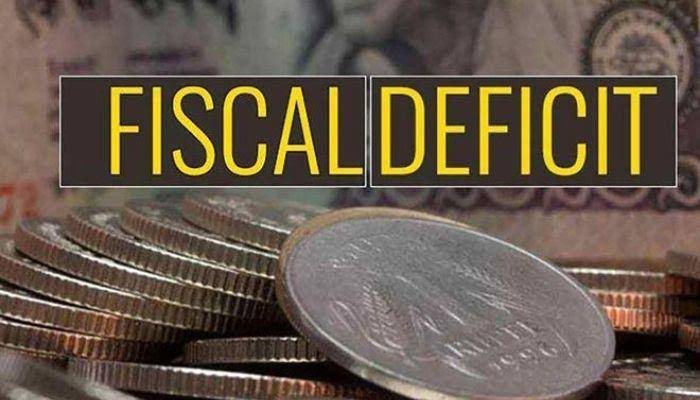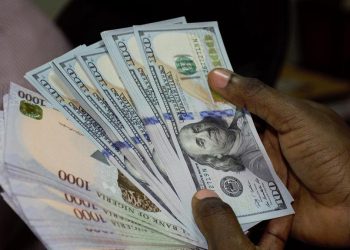Nigeria’s budget deficit is bigger than expected, reaching 7.6% of the country’s total economic output (GDP) by August 2024. This is more than the planned 3.8% for the year, causing worry among the Central Bank of Nigeria (CBN) Monetary Policy Committee (MPC) members about the increasing difference between money coming in and money going out.

The National Assembly approved a budget of N28.7 trillion for 2024, aiming to collect N19.5 trillion in revenue. This plan would result in a budget deficit of N9.1 trillion, which is about 3.8% of the country’s GDP. However, by the middle of 2024, revenue collection was far below the target, reaching only 37.9% of what was planned. This shortfall was mainly due to lower-than-expected income from the Federation Accounts Allocation Committee (FAAC).
Nigeria’s limited revenue sources are the main reason for its poor financial performance. By June, the fiscal deficit was already at 91.94% of the full-year target. The government spends most of its money on regular expenses, especially debt payments, while spending on capital projects is lagging behind. This imbalance shows the need to shift more resources towards capital projects that can lead to long-term economic growth.

















